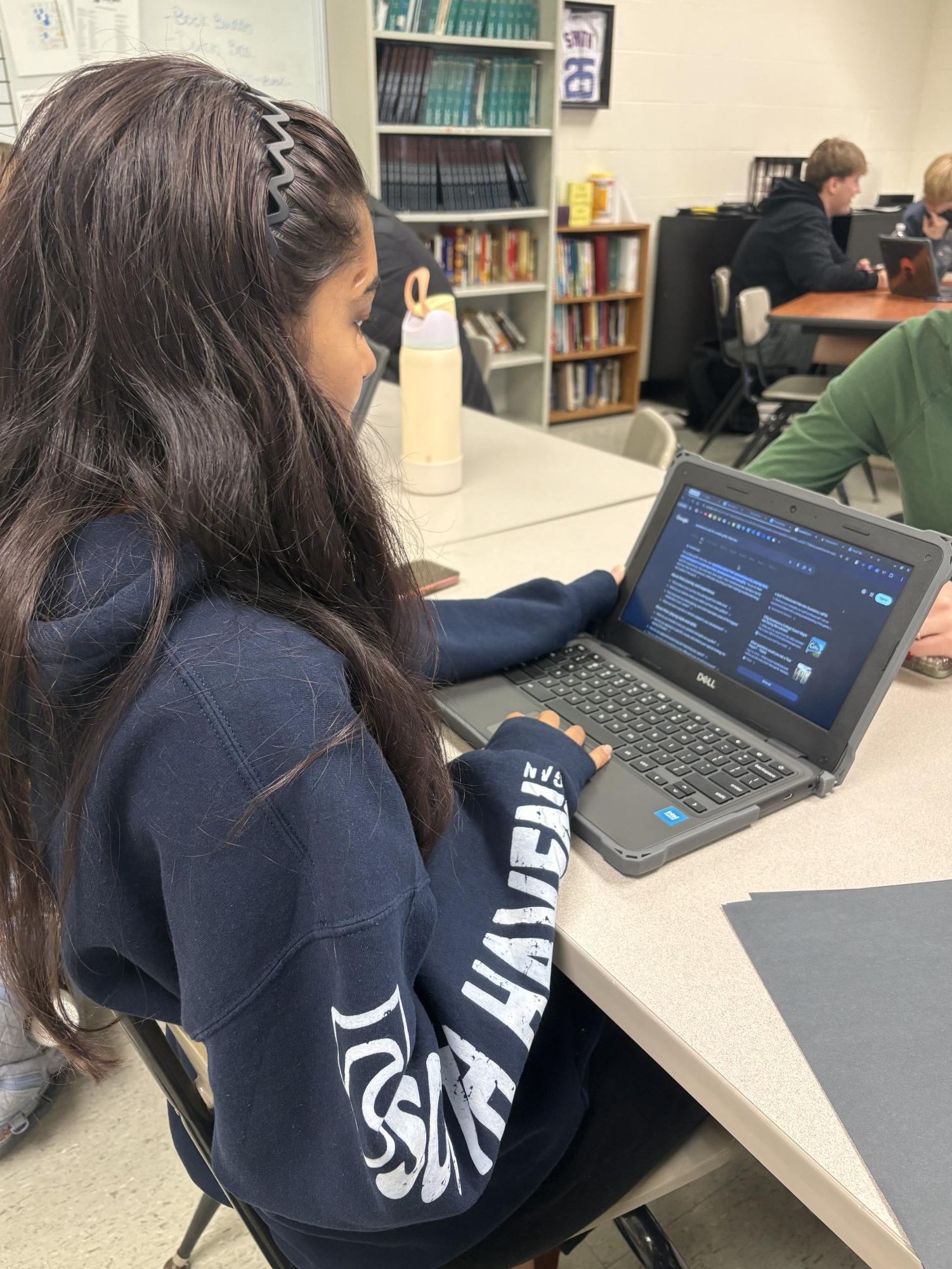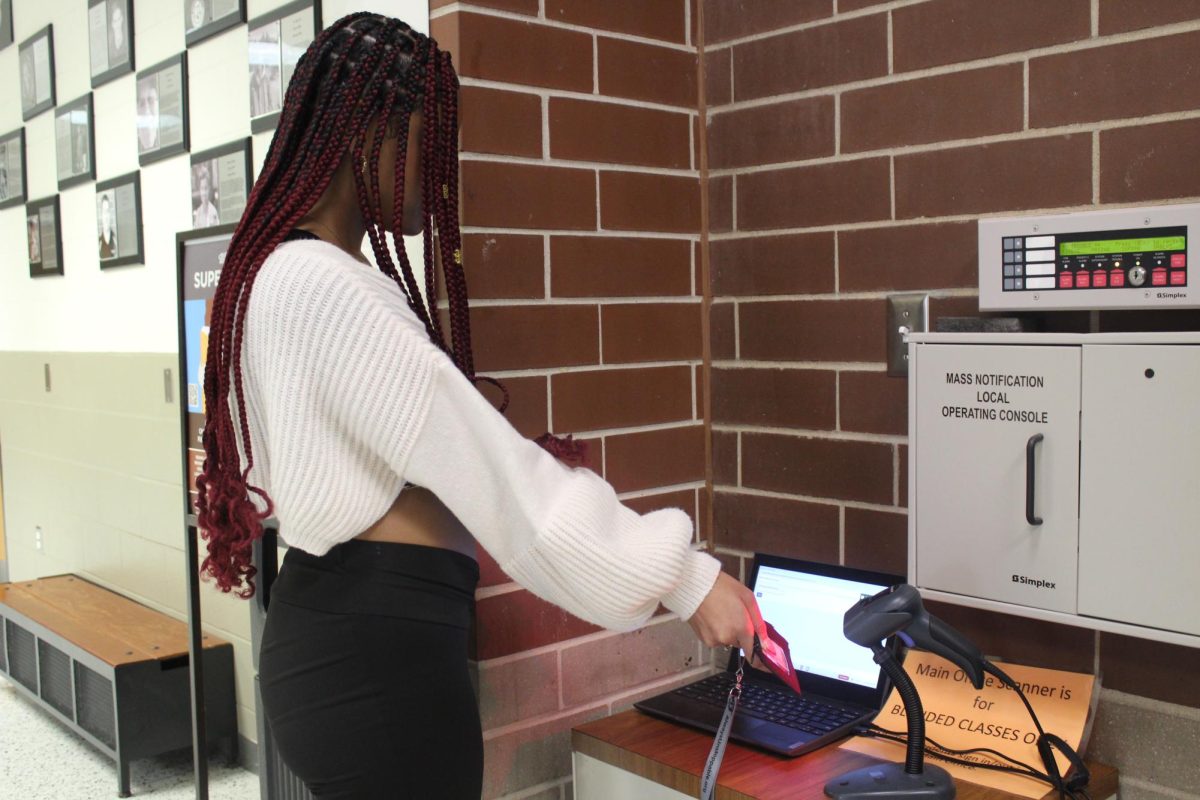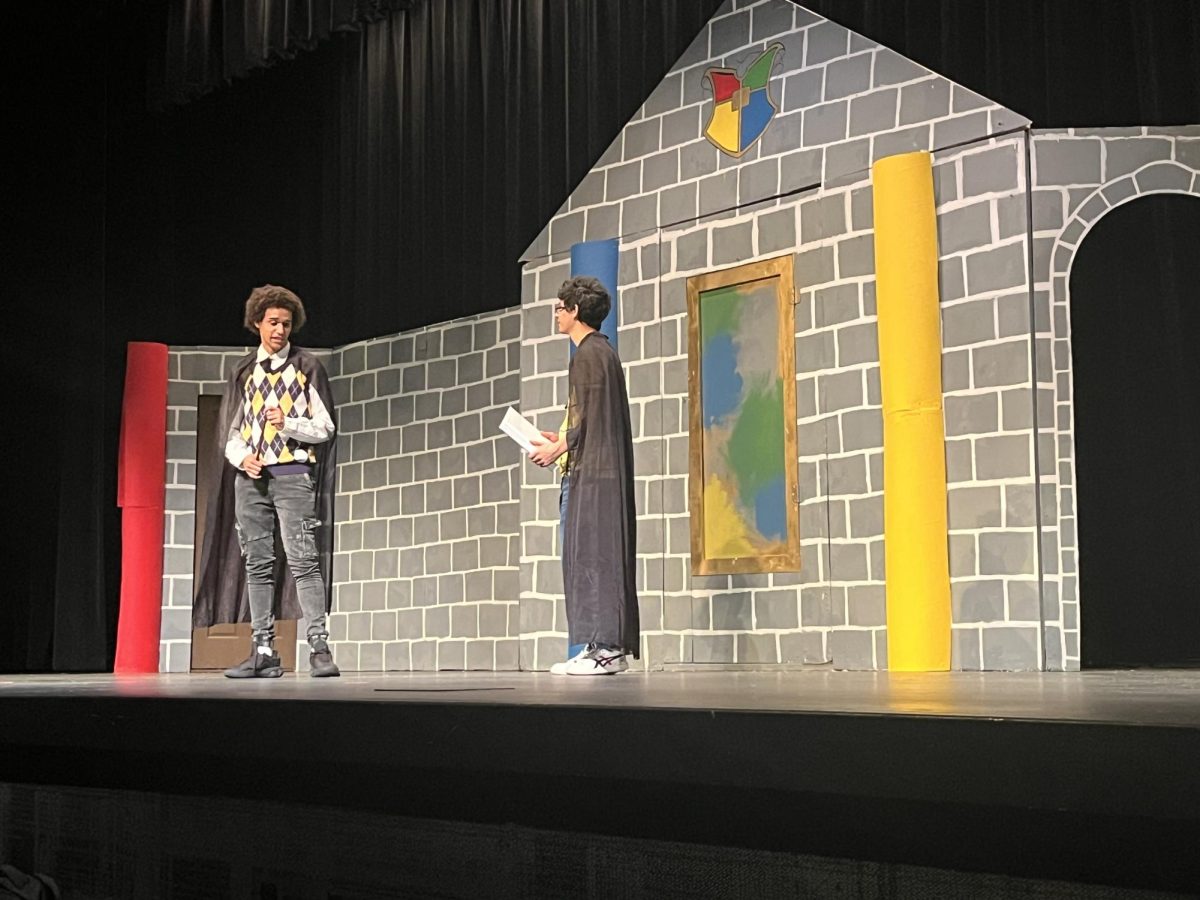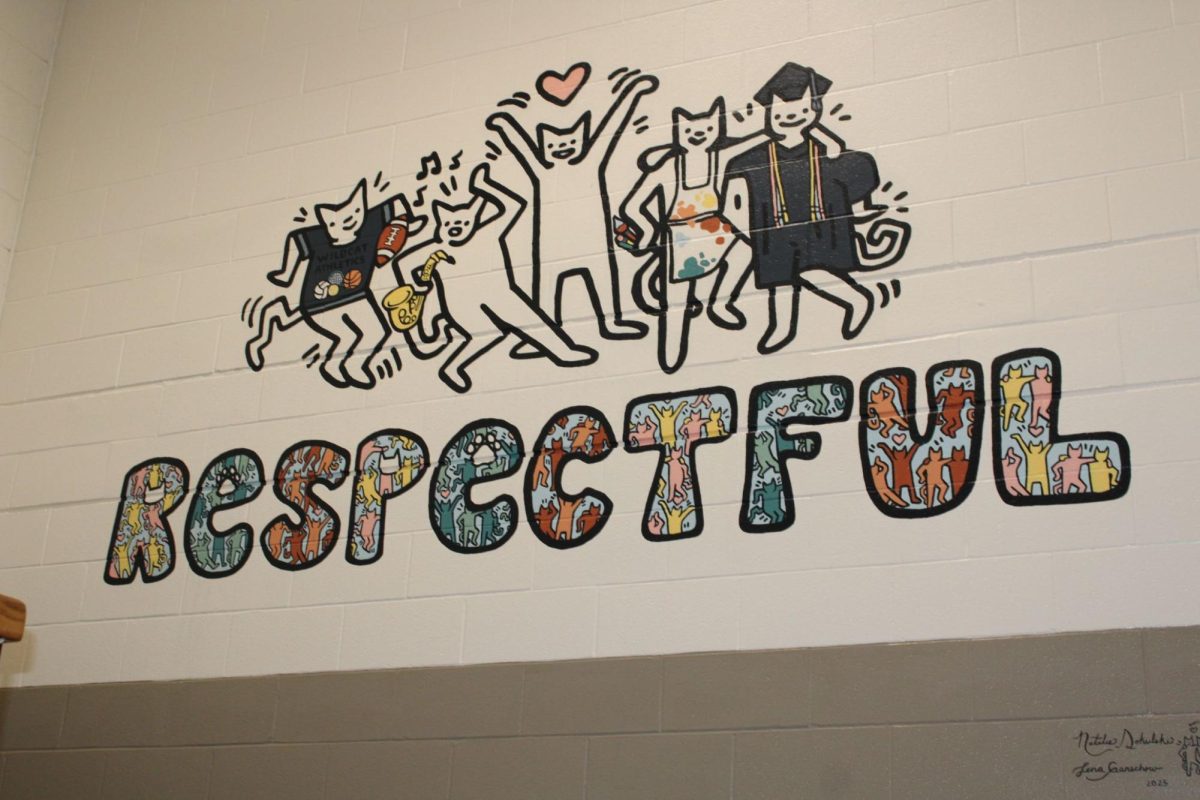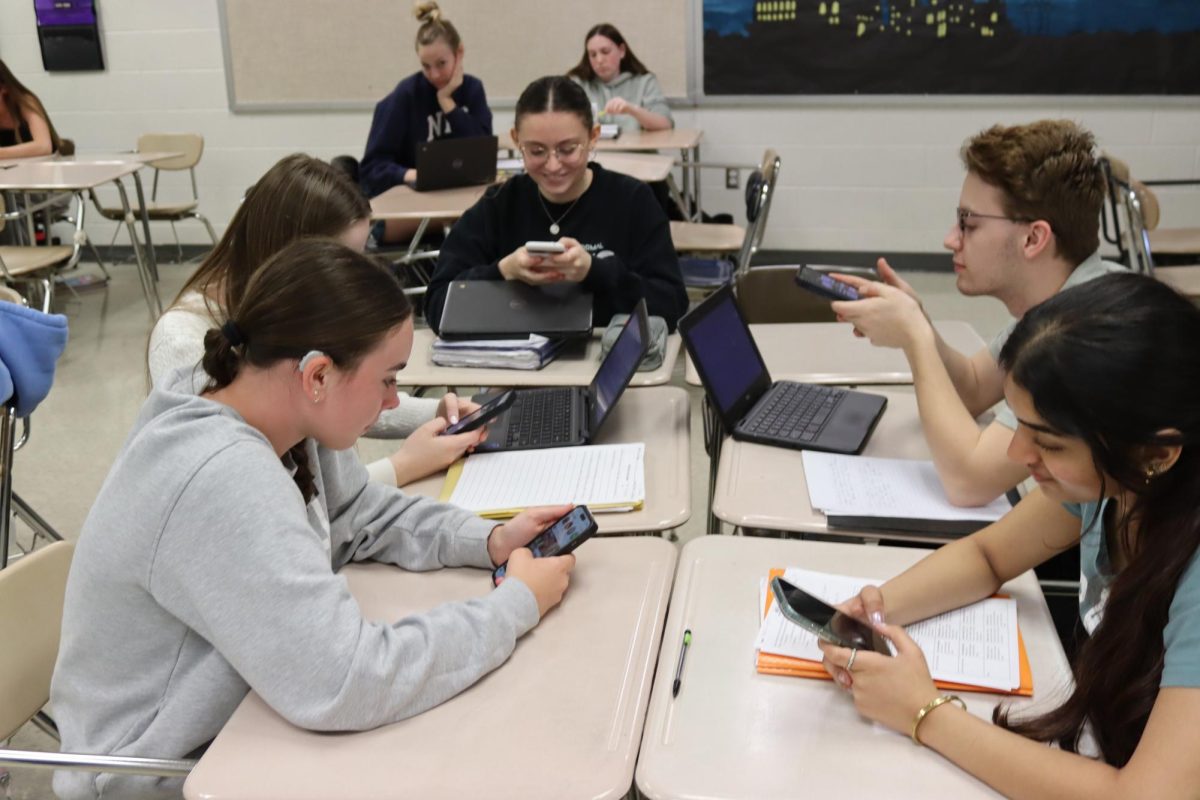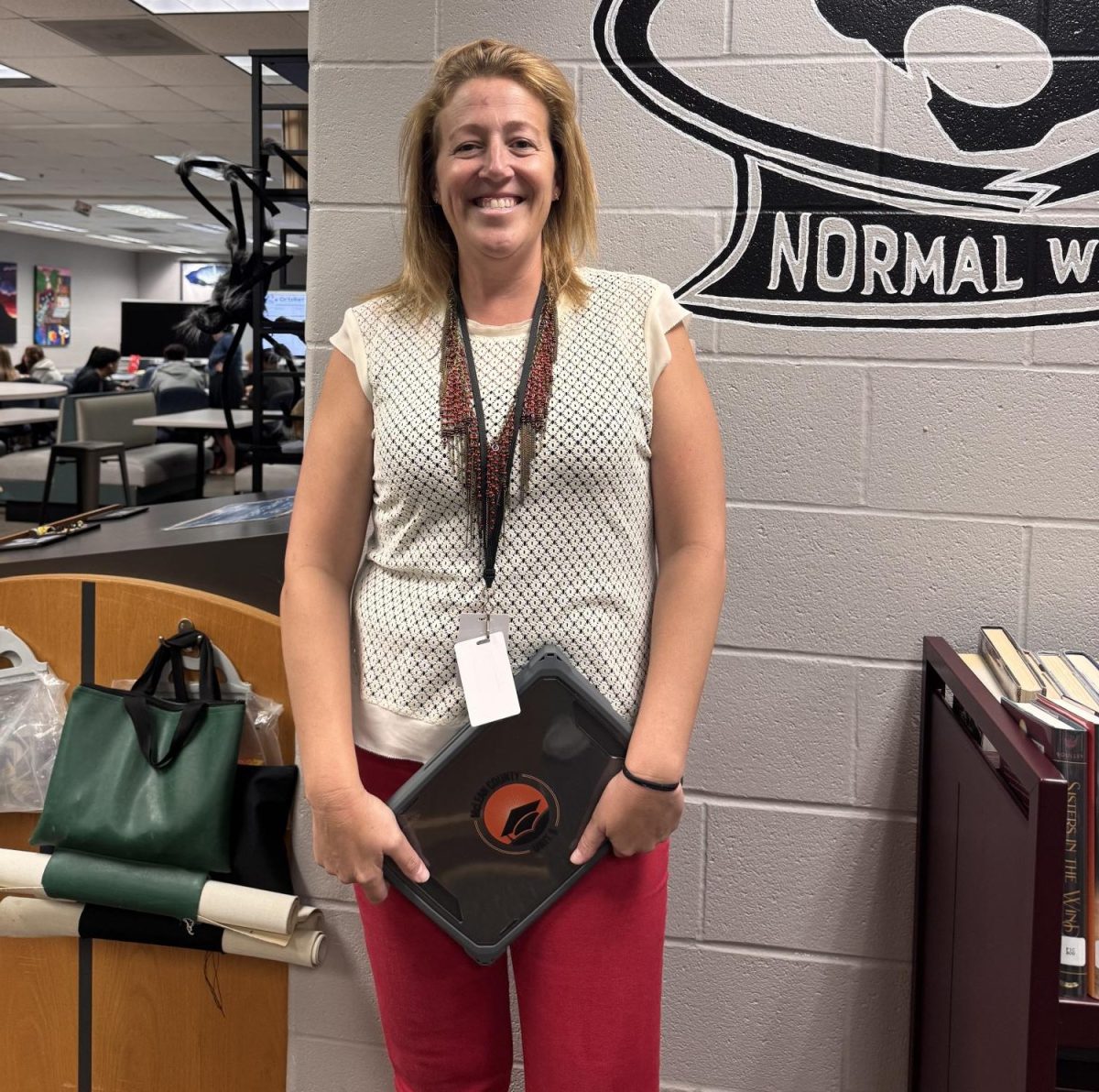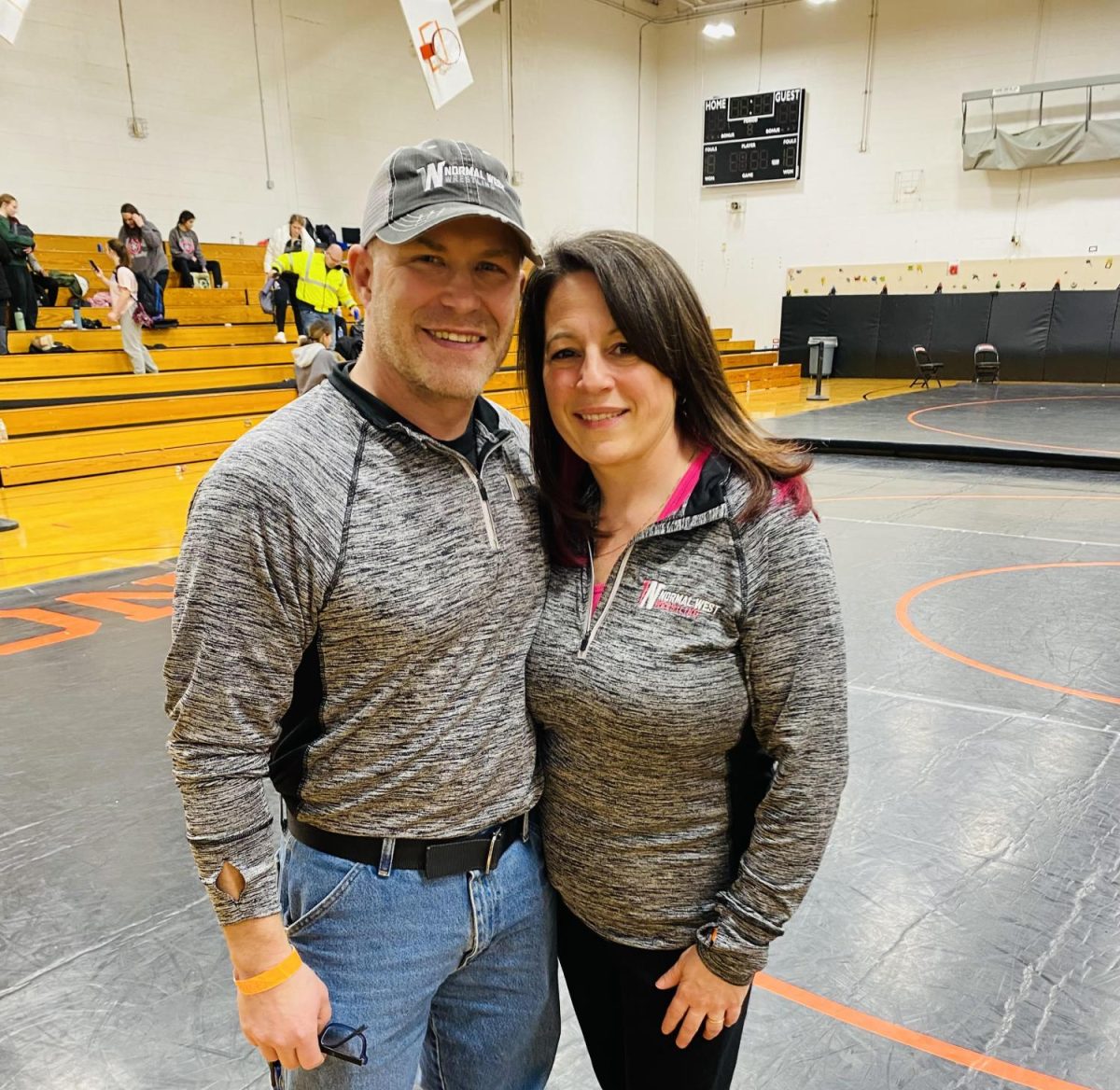“AI slop” has been infiltrating social media feeds for the last couple of weeks.
Whether it’s “fake Jake Paul” or “Glass ASMR,” AI is trying, in more ways than ever, to grab audiences’ attention.
AI tools are rapidly developing, so McLean County Unit 5 is expanding its AI education.
Currently, the district has an AI task force composed of “teachers and librarians and administrators
(grade six through 12),” Director of Secondary Education Diedre Ripka stated.
This school year is Dr. Ripka’s second year working for Unit 5, but her 27th in the education field.
She, alongside fellow staff members, are strong advocates for teaching AI literacy in school.
“The safety of students is important,” shared Ripka. “We know that there will never be any less AI in the world than there is right now, and we need to be able to prepare our students as they go on to the next level…to live in a world and perhaps hold jobs and careers that incorporate AI.”
As part of her role, Ripka analyzes a lot of trends in education and says that ”research tells us that students who have a higher level of AI literacy are less apt to abuse AI.”
“So getting teachers comfortable talking about it with their students in the long run will make our students more apt to use AI tools appropriately,” Ripka added
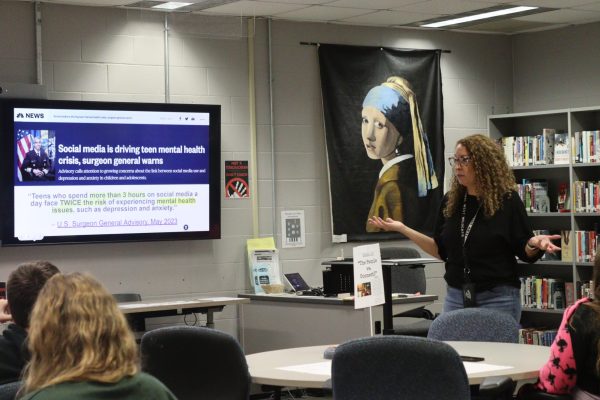
.
Environmental Earth teacher Dr. Valentine Walker, echoes Ripka’s message. “We should not continually try to put up resistance to students using these tools. We should embrace them and make them a part of our curriculum,” he noted.
Walker has been a teacher working in Unit 5 for 20 years and has witnessed the distinct change in technology in the classroom.
“Especially us older teachers, [we] need to realize that we should see these things as tools, and [that] they’re not going to go away,” Walker added.
Specifically, a lot of departments at West have adapted their teaching to include AI education–with conversations surrounding the pros and cons of its use, implementing various tools into the workload, and cautioning and teaching students inappropriate use. All of this is to help students of Normal West, and in the Unit 5 school district as a whole, to become AI-literate.
Normal West’s librarian and IMC specialist, Tera Hafermann, has been implementing AI tools and strategies to detect AI in her presentation to various classes, including English, health, and social studies classrooms.
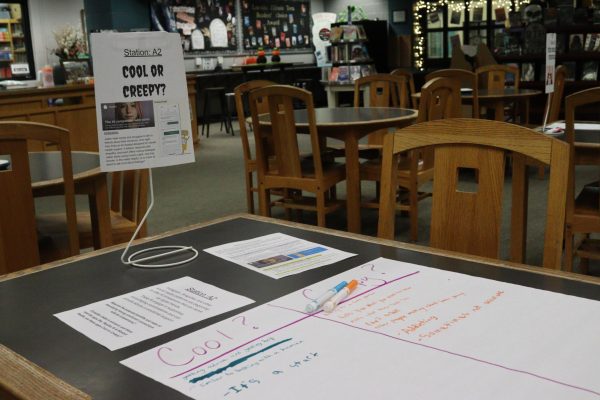
“I think this is a skill in today’s information landscape that we’ve got to practice as AI is becoming more and more sophisticated,” Hafermann noted.
In addition to the conversations and awareness that presentations and activities Hafermann is helping to implement, some educators are even turning to certain tools to aid in student learning.
For instance, Walker has been using tools like Notebook LM, which has just become SOPPA (Student Online Personal Protection Act) approved. Notebook LM is a summary tool for long texts, and he recommends it to his dual credit students.
“I’m using [AI] as a review tool for my students. It’s a really good tool to summarize information for students,” explains Walker. “I think that has helped students’ learning and [helped them] review for major tests.”
Getting students to use AI productively and in a manner that is conducive to their learning, instead of “cheating,” is a mission for many of West’s educators, which is why they are showing these tools in their classrooms.
“I think that if we don’t talk about it with our students, then they have a greater chance of misusing it,” Ripka noted.
In regards to the environmental impacts of AI, Walker’s assessment is more positive than negative.
“AI has its downfalls, but everything else has theirs too
“The benefits of AI: think about the 8.2 billion people in the world that now have access to information that will promote learning,” Walker noted.
“Governments are using it to develop infrastructure that could be environmentally friendly, [and] that could reduce dependence on fossil fuels in places.
“So while there is the concern about the energy consumption and the water pollution, AI frankly, can be used to help reduce those [negative] impacts as well,” Walker stated.
In the future, Walker predicts that “AI tools will [eventually] help increase sustainability all around the world.”
Walker and other educators throughout the district are especially excited for everyone to become proficient with the advanced technology that is now available.
In conjunction, Unit 5 is also hoping to keep up with the rapid developments and to implement the updates into the school curriculum.

